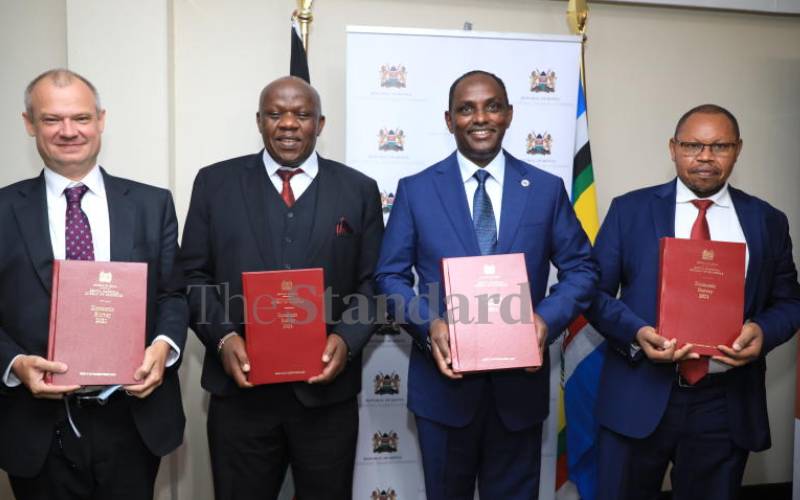×
The Standard e-Paper
Kenya’s Boldest Voice

Before the Kenya National Bureau of Statistics (KNBS) moved to Nairobi’s Upper Hill, their offices were on a forlorn single-storey building along Lt Tumbo Avenue that looks like a high school’s administration block.
Herufi House - for long Kenya’s data-crunching epicentre - is squeezed and dwarfed by the towering edifices of the Treasury Building on one side and the Central Bank of Kenya (CBK) headquarters on the other.







